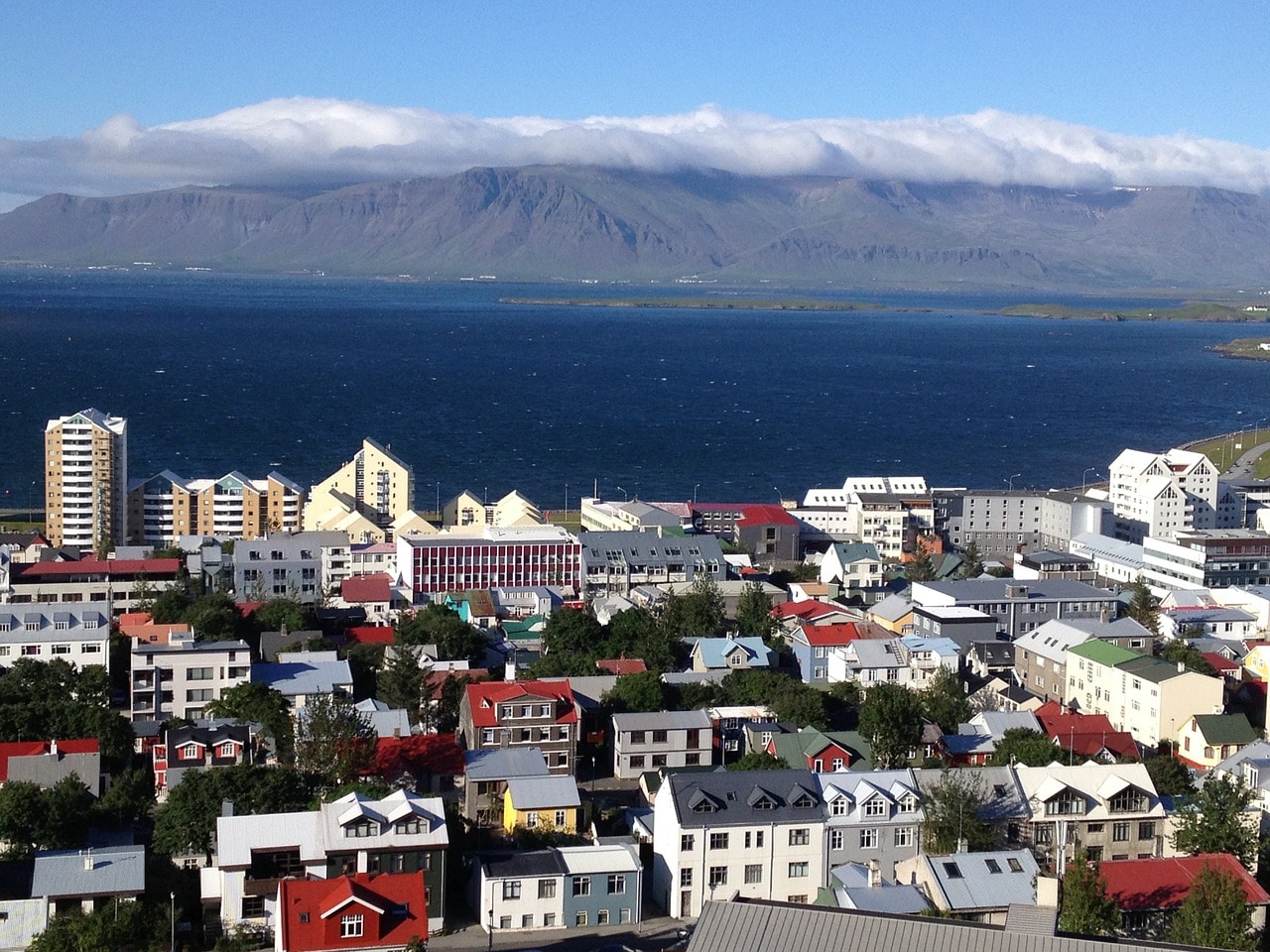Iceland (Reykjavík)
Iceland is progressive. It ranks first on the World Economic Forum’s global gender gap index, is the first to legalise abortion and the first to elect a woman as head of state in a national election. Now for its next trick.
The Nordic nation is working on a law for 2020 that will require companies over 25 people to pay men and women equally for the same work “regardless of gender, ethnicity, sexuality, or nationality.” If passed this would be the first such law at the national level and would set the precedent for other countries. That’s another first.
In many countries, women earn less money than men for performing the same work. In the US, for example, women earn 83% of men’s median weekly earnings. In Iceland, women earn 14-18% less than men.
If the law passes in Iceland (it’s expected to get widespread support across parties), it could set a precedent globally for similar laws and ultimately closing the gender pay gap. Women’s livelihoods will certainly improve with higher wages as will several development indicators tied to women’s livelihoods such as child nutrition and education.
“Gender equality benefits all of us,” Iceland’s Prime Minister Bjarni Benediktsson said on International Women’s Day. The time is right to do something radical about this issue; the island nation of about 330,000 aims to eradicate the gender pay gap by 2022. Now it’s time for other countries to take note.
Bio
Adapted from a piece by Alisha Bhagat for the Futures Centre.
Project leader
Bjarni Benediktsson, Iceland's Prime Minister and Social Affairs and Equality Minister Thorsteinn Viglundsson
Support the Atlas
We want the Atlas of the Future media platform and our event to be available to everybody, everywhere for free – always. Fancy helping us spread stories of hope and optimism to create a better tomorrow? For those able, we'd be grateful for any donation.
- Please support the Atlas here
- Thank you!

The progressive – and colourful – Reykjavik

The Northern Lights

